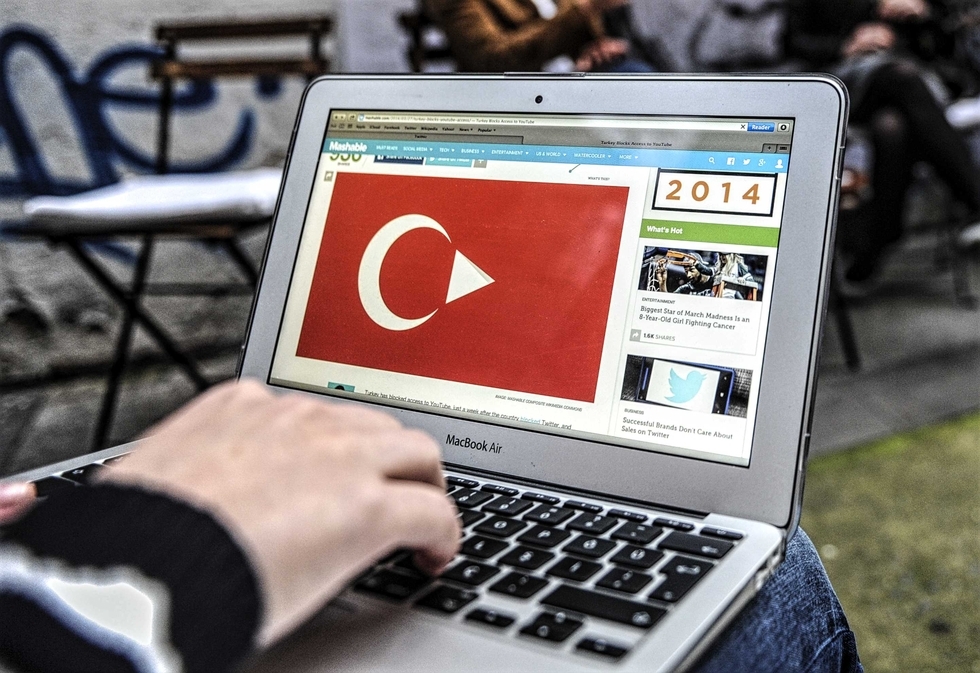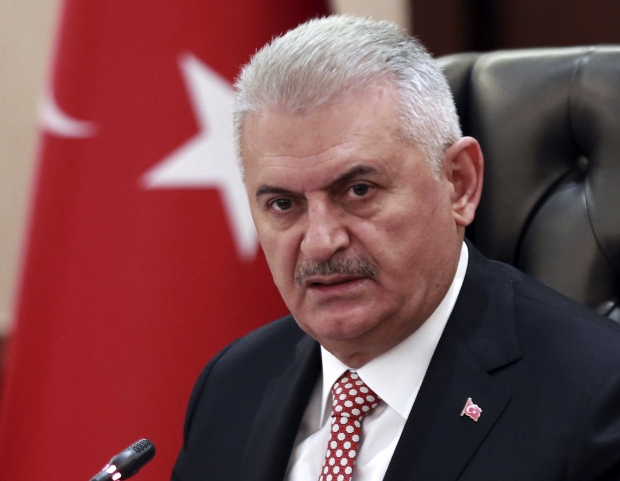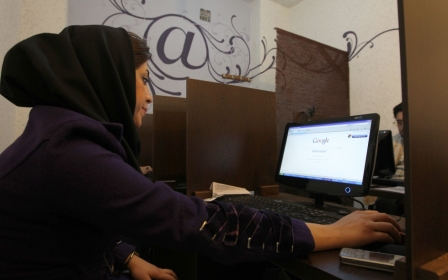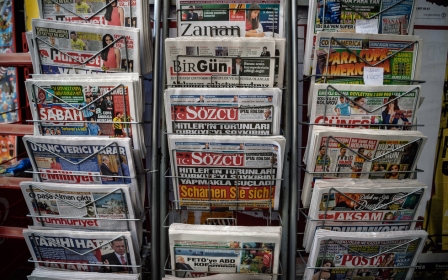How Turkey is strangling the internet - and hurting media freedom

Turkey was downgraded to “not free” for internet freedom in the latest report released by an international watchdog, raising fears about the public’s right to access uncensored information.
In its Freedom on the Net 2016 report, published on 15 November, Freedom House, which monitors freedom and democracy globally, placed Turkey in the ignominious company of countries like China, Russia, Iran, Saudi Arabia and Egypt.
It marks the first time Turkey has fallen into the “not free” category after years in the “partly free” zone. It also raises concerns about the public’s right to free and independent information.
The report reads: “Turkey, whose internet freedom environment has been deteriorating for a number of years, dropped into the Not Free category amid multiple blockings of social media platforms and prosecutions of users, most often for offenses related to criticism of the authorities or religion.”
There are concerns that this is just the government’s latest move to try and bring the dissemination of news under its complete control
The report covers developments during the period between June 2015 and May 2016 - before the failed coup of 15 July, after which the government has introduced a wide-scale clampdown.
But things became even worse in Turkey earlier this month, as people found themselves cut off not only from social media sites but also access apps such as Skype, Whatsapp and others for days. Access to Virtual Private Networks (VPNs) – increasingly used in recent years to circumvent bans on social media sites - is also no longer possible.
“We have been concerned by the rise of internet censorship in Turkey for years, but it is indeed reaching unprecedented levels these days,” Johann Bihr, head of the Eastern Europe and Central Asia desk at Reporters Without Borders, told MEE.
Bihr said recent restrictions placed on internet access were “unacceptable developments that hamper the work of journalists and the right of Turkish citizens to access information”.
Freedom of press is hit
One group to be severely impacted by these restrictions is journalists, who increasingly use digital tools for both news gathering and to reach audiences.
Erkan Saka, assistant professor at the faculty of communications at Istanbul’s Bilgi University, told Middle East Eye such measures are nothing more than shooting oneself in the foot.
“When independent media cannot do its work, then the field of information production is left to conspiracy theories or disinformation,” said Saka. “Whatever the government does, it cannot stop a flood of fake news. This is what is happening now in Turkey. I see so many fake news circulating through social media, Whatsapp groups, etc.”
'When independent media cannot do its work, then the field of information production is left to conspiracy theories or disinformation'
- Erkan Saka, assistant professor
This latest internet clampdown followed the arrests of a dozen lawmakers from the pro-Kurdish Peoples’ Democratic Party (HDP) and the arrest of 10 staff members from the independent secular and centre-left Cumhuriyet newspaper in separate incidents.
Separately, reports cited a severe disruption to internet access across south-eastern Turkey in late October and early November after the detention and arrest of the Diyarbakir co-mayors, who hail from the HDP.
Turkish authorities accuse the HDP, the third largest party in the Turkish parliament, of being the political extension of the Kurdistan Workers’ Party (PKK), listed as a terrorist organisation by Turkey, the US and the EU.
Many HDP members are accused of both promoting and aiding the PKK, especially after fierce clashes resumed in July 2015 following a breakdown of a peace process.
These accusations have come about in part as a result of the HDP’s refusal to condemn attacks carried out by the PKK or its splinter factions.
No explanation was provided by any authorities for this disruption of internet access in the southeast.
Government: blocks are 'normal'
Turkish Prime Minister Binali Yildirim called the blocks imposed on communication applications “normal” and said such temporary actions were acceptable in the country’s fight against terror.
“Friends, such precautions can be taken occasionally from a security point of view. Everything will return to normal after the danger is eliminated,” Yildirim told reporters on 4 November.
The government had initially vowed to use these expanded powers to only target the US-based Turkish preacher Fethullah Gulen and his followers in the Hizmet (service) movement, whom they accused of orchestrating the coup attempt.
The crackdown soon expanded to target the government’s other opponents as well, with officials saying they would not distinguish between enemies of the state.
Part of this crackdown – where more than 100,000 public service employees have been suspended or dismissed - has focused on the media. More than 100 outlets have shut, more than 100 journalists imprisoned, more than 2,000 media workers are out of work and dozens of web-based sites blocked.
How to block the internet
Cem Solumaz, an IT expert who works in the private sector, told MEE that technological developments mean the authorities no longer need to fear any economic impact and can now be selective in what services they want to cut access to.
“Technological developments now mean, for example, that internet access to financial, stock exchange-related and other economic-related can be kept open while social media resources such as Facebook, Twitter, etc can be blocked, slowed - even to the point where a person can view posts but is unable to post anything."
But the financial impact on journalists and online platforms cannot be ignored, according to Saka.
'Online news sites and digital economy in general suffer financially and this leads to more financial troubles for journalists'
- Erkan Saka, assistant professor
“Although individuals can circumvent [internet] restrictions, online news sites and digital economy in general suffer financially, and this leads to more financial troubles for journalists,” said Saka.
Solumaz said people like to think of the internet as a realm of freedom but forget that it is actually based on an infrastructure of fibre optic cables: whoever controls access to that infrastructure, except for those with the ability to directly connect to a satellite.
“In Turkey all the Internet Service Providers operate under the state’s Information and Telecommunication Authority. The ISPs can face sanctions for disregarding any instructions from that body,” he said.
“In countries with a strong internet infrastructure like France they have multiple and alternative fibre optic networks in case of accidents," he said. "That makes it difficult to cut off access to the internet easily, unlike in Turkey. But we shouldn’t forget that any organisation in control of the physical infrastructure has the ability to cut off access.”
New MEE newsletter: Jerusalem Dispatch
Sign up to get the latest insights and analysis on Israel-Palestine, alongside Turkey Unpacked and other MEE newsletters
Middle East Eye delivers independent and unrivalled coverage and analysis of the Middle East, North Africa and beyond. To learn more about republishing this content and the associated fees, please fill out this form. More about MEE can be found here.






